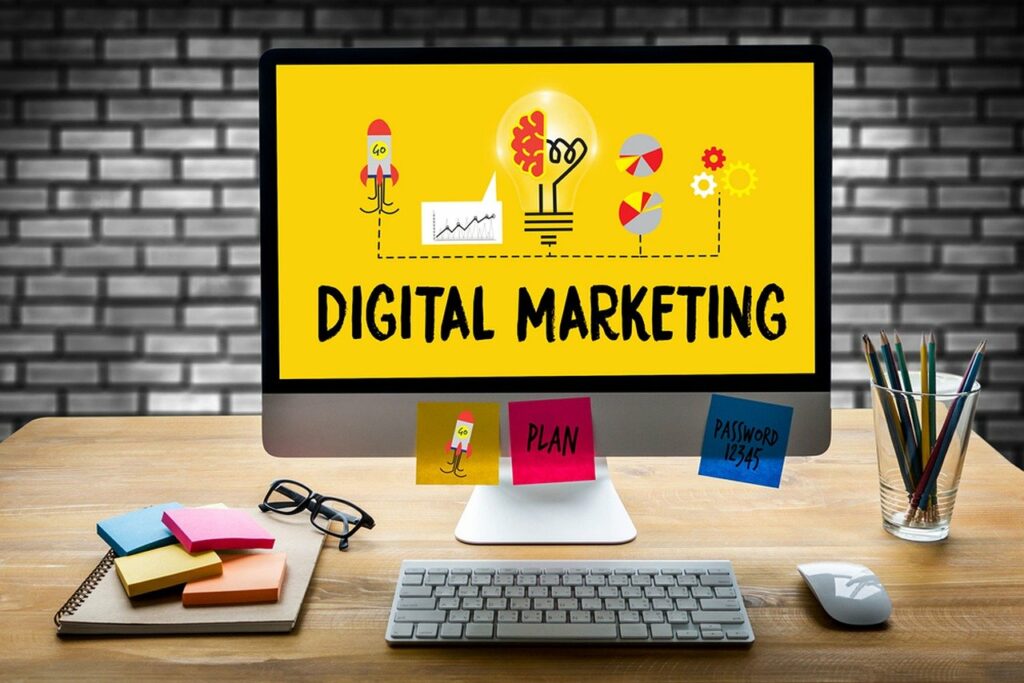Are you just starting your SEO journey? Perhaps you have heard SEO can drive traffic to your site and increase rankings. But you don’t know how to do it or where to focus. You’ve reached the right place. Continue reading to learn what every digital marketer needs to know about SEO.
Search Engine Optimization (SEO), Definition
Let’s begin by asking the obvious question: What exactly is SEO? SEO is an acronym for Search Engine Optimization. It refers to the process of getting visitors from organic, or natural search results. The best SEO agencies aim to improve the position of your website in search result pages. It is important to remember that the more popular a website is, the more people will be able to see it.
- Good SEO includes many activities such as:
- Search traffic potential for relevant keywords
- Create high-quality, valuable content and optimize it for search engines as well as users
- Include relevant links from high-quality sites
- Measuring the results
SEO is now a key marketing activity

There are differences between organic and paid search
It is important to understand the differences between paid and organic search. These are the five main differences.
Position
The first is that organic search results are displayed below paid search results.
Time
The time taken to find results is another key difference between organic and paid searches. Paid search gives you instant results, often in minutes. The organic search takes longer – sometimes weeks, months, or even years. Organic search is a medium-term to long-term strategy.
Payment
Paid search traffic, as its name implies, is paid when it comes to the subject of paying. Pay-per-click is a cost-per-click (CPC), based on the number of clicks. This means that you pay a fee each time someone clicks on your advertisement. Instead of relying solely on organic traffic, you can buy traffic by having Google show your ad to visitors who search for your keyword. Traffic for organic searches is free but requires a significant investment in both time and resources.
ROI
Paid search is much more effective in measuring ROI or return on investment. This is partly due to the fact that Google Analytics provides more keyword data. Paid search can lead to a decline or stagnation in ROI over time. Organic search is more difficult to measure but often improves. Organic search can provide a great return on investment over the long term.
Traffic share
About 20% to 30% of searchers click on paid results while 70% to 80% click on SEO results. The organic results account for the majority of clicks.

Similarities between organic and paid search
There are many similarities between organic and paid searches.
- Keyword research Both paid and organic searches require that a user enter a keyword. Keyword research is required for both organic and paid searches.
- Landing Pages: Landing pages are required for both types of searches. The landing page must be linked to your website for SEO. It can be the same landing page for organic search or a separate page that is independent of your website.
- Traffic: Getting traffic is an important goal for both organic and paid searches. User intent is a key component of both organic and paid search traffic. This means that if someone searches for information or asks Google a question, they have an active mindset. They are more likely to act once they find the information.
SEO’s three pillars
Knowing how to get your website, brand, or company found by searchers is a key skill for digital marketers. Understanding how SEO services will help you stay on top of your game. SEO is constantly changing, but its core principles don’t. You can easily break down SEO into three key components or pillars. These are the ones you should be familiar with and follow.
- Technical Optimization: Technical optimization is the act of performing activities on your website that are intended to improve SEO, but not in relation to content. This often takes place behind closed doors.
- On-Page Optimization: Onpage Optimization refers to the process of making sure your website’s content is useful and user-friendly. This involves targeting the right keywords in your content. It can be done using a content management platform. Examples of content management systems are WordPress, Wix, and Drupal.
- Off-Page Optimization: Off-page Optimization refers to the process of improving your site’s search engine rankings by performing activities outside the site. This is largely due to backlinks which can help build the site’s reputation.
More to read: How to optimize blog content for search engines

